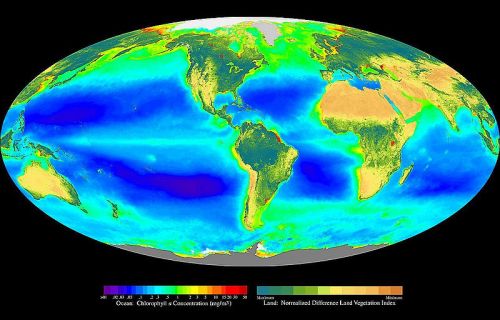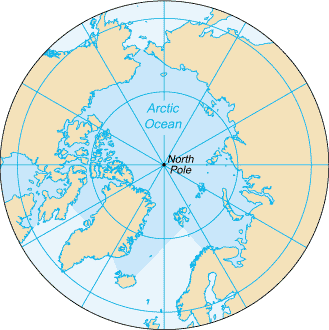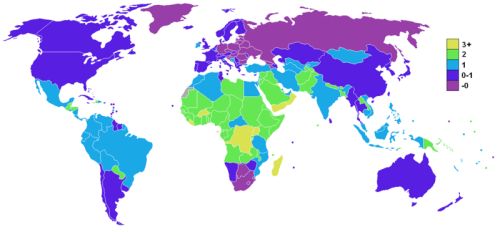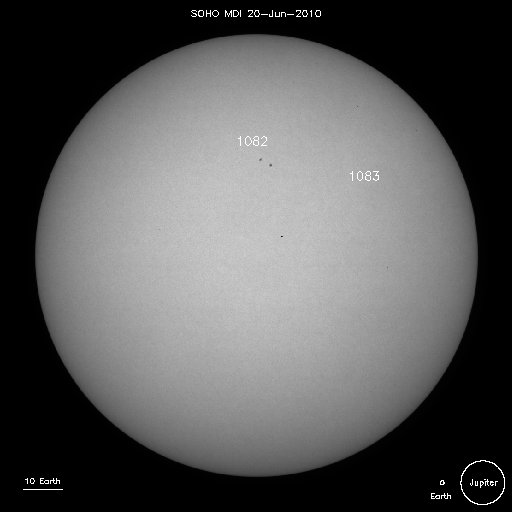7 Notable Eco News Items You Might Have Missed
As a science writer and reporter, I tend to read a lot of sci-news of great interest, but much of which never makes it into one of my articles. In addition to this small fraction that I am able to actually read, there is simply so much news being released on a constant basis that […]
7 Notable Eco News Items You Might Have Missed Read More 👉




